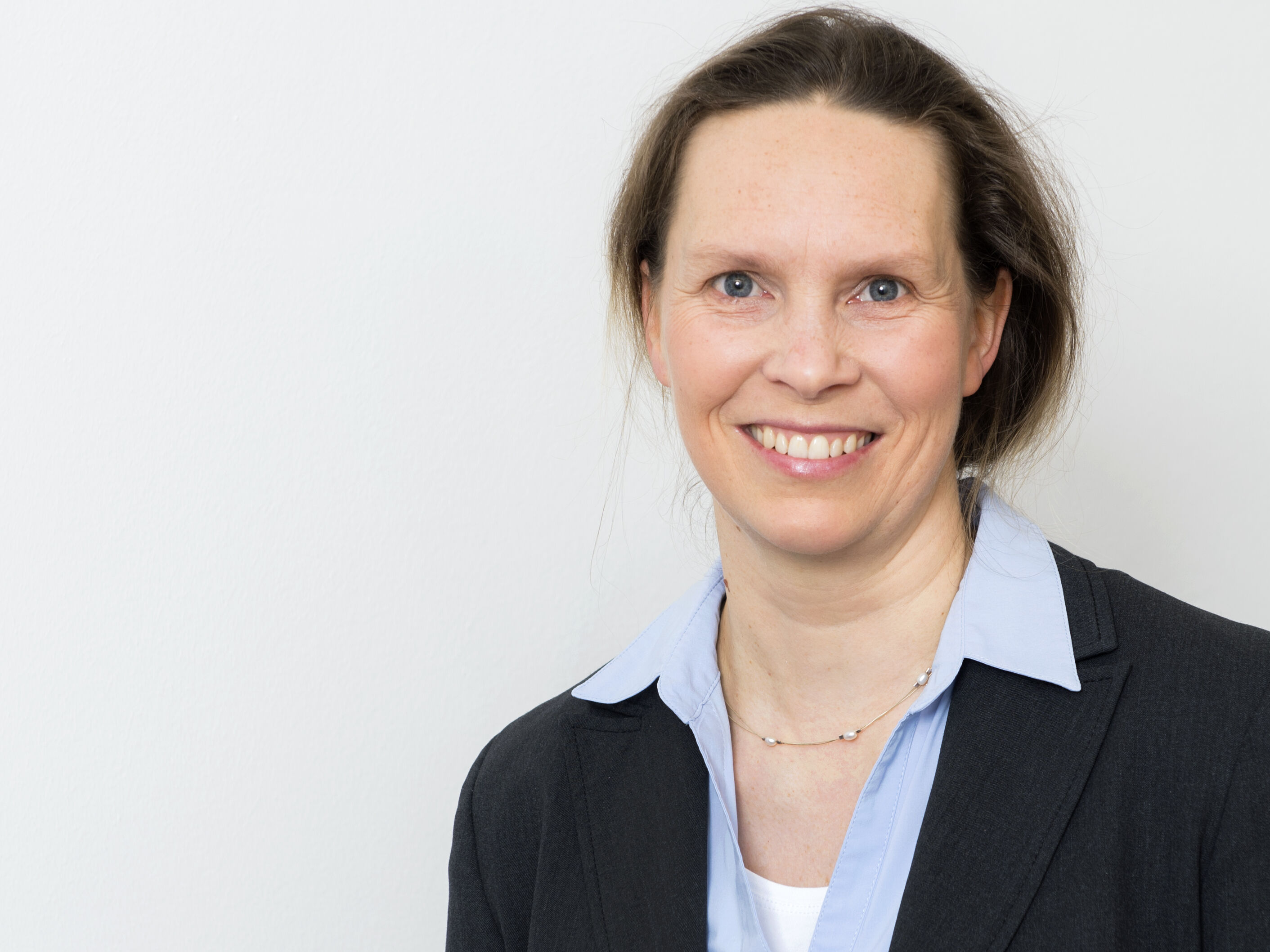The main research focus of the Dudziak lab is the understanding of ontogeny, antigen presentation of primary dendritic cell subpopulations in mice and men and their function in activation of primary T cell immune responses. First, Diana Dudziak will present data of murine DC subpopulation functions, including the characterization of a new DC subpopulation throughout the body (Atlas of DC2), the role of the immunoproteasome for DC2 mediated cross-presentation and the function of DC subpopulations in IVIg mediated resolution of KRN serum transfer induced arthritis. In the human part, Diana Dudziak will summarize her findings on human DC subpopulations in lymphoid organs and will talk about a specificity of DC2 subsets in inflammasome-mediated immunomodulation of T cell responses.
Diana Dudziak studied Biology at the University in Bayreuth (Pre-Diploma) and Friedrich-Alexander University Erlangen-Nürnberg (Diploma). She performed her PhD at the Helmholtz Center Munich and focused on Epstein-Barr virus target genes. During her Postdoc time at the Rockefeller University in New York in Michel Nussenzweig’s laboratory, she became interested in dendritic cell subpopulations. Starting her lab in Erlangen at the Department of Dermatology and continuing since then, she is fascinated on understanding the function of DCs in the initiation of T cell responses and how to use dendritic cells for immunotherapies in cancer and chronic inflammatory diseases. She received various awards, including the Georges-Köhler Award of the German Society of Immunology (2008), the Ria-Freifrau von Fritsch Award (2009) of the University Hospital Erlangen and the Paul-Langerhans Award of the Arbeitsgemeinschaft Dermatologische Forschung – ADF (2021). Since 2016, she is leading the study group Dendritic cells (AKDC) and since 2020, she is the speaker of public outreach at the German Society of Immunology. Since 2020, Diana Dudziak is member of the Fachkolleg Cell-Biology (201) of the German Research Foundation.
Moderation: Professorin Dr. Barbara M. Bröker
-------
Organizational information on the digital lecture
The Alfried Krupp Wissenschaftskolleg is offering this event live as a zoom meeting, in which viewers can also take part in the subsequent discussion with video contributions, too.
- We would be delighted if you gave your real name when dialing into Zoom. Of course, you can also take part in the event under a pseudonym.
- A list of all participants is available to all those involved during the entire event.
- During the lecture, the microphones of the audience are all automatically muted so as not to generate any disturbing background noise. You can turn on the audience's camera during the lecture.
- In the discussion that follows, requests to speak or questions can be displayed using the "Raise hand" function. You can find these - depending on the device - under the button "Participant", "More" or "Reactions" in Zoom. You can also lower your hand again if you want to withdraw the question.
- The moderator keeps a speech list and gives the floor in the order of the messages. If the moderator asks you to bring your question or request to speak, the user interface will ask you to turn on your microphone. If you have not already done so, you are welcome to turn on your camera. This is particularly desirable when presenting longer requests to speak so that the presenter can also see who is asking the question or who is making the comment.
- Of course, you also have the option of asking your questions in writing in the chat.
Recording of the digital lecture
The digital lecture will be recorded so that it can be used in the college's media library. Only the speaker, his / her presentation and the moderator can be heard or seen in the recording. Video, audio or chat contributions are not recorded. A “REC” symbol at the edge of the screen informs the participants about the current recording.

